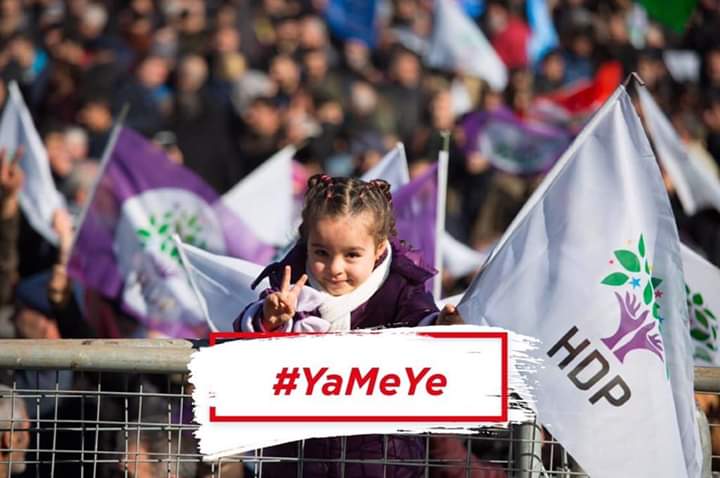
Repression in wake of Turkish elections
Turkey’s eastern province of Muş has banned protests and demonstrations for 15 days following nationwide local elections amid objections by the country’s pro-Kurdish party to the reported results. The announcement from the governor’s office came following an official victory by Turkey’s ruling Justice and Development Party (AKP) in the Kurdish-majority province by a narrow margin over the pro-Kurdish Peoples’ Democratic Party (HDP). The HDP is preparing to appeal the results, citing irregularities. Muş is one of numerous provinces in Turkey’s east where government-appointed administrators (kayyim) have been running municipalities since the July 2016 coup attempt.


